
When my mom and I are walking across a beach in Florida, and are grossly screamed at for being “terrorists,” we are forced to talk about politics.
We are forced to talk about how Trump allows racists and xenophobes to feel comfortable with their beliefs and how they see no difficulty putting us all in one “terrorist” box. My mother, other Muslims and I cannot ignore the islamophobic rhetoric being thrown out by Fox News because the rhetoric treads upon the foundational beliefs of who we are.
When African American children are told to sit at the back of the bus by their own driver, which truly happened after Trump’s election, they are forced to face what is happening to their own community. They ask their parents why, for some insane reason, an adult would not give them the same treatment their white counterparts receive. Their parents would, disappointed, try to explain why African Americans are often abused and mistreated because of the color of their skin.
When countless women are not treated with respect by a criminal justice system that allows those who sexually abused them to get out of jail after being incarcerated for a mere three months, while they experience mental struggles every day, they must recognize the problem with our governance systems. They must teach their daughters to not wear headphones at night and keep their keys between their fingers.
These groups, and many more, are pushed into political conversations because they do not have the same privilege others are born with. Some people never even reflect on these issues and claim “I don’t talk politics” while their coworkers or peers are discussing heavy subjects. These people that “don’t talk politics” have the privilege to not talk about politics because their foundational beliefs and the characteristics they cannot change do not affect their daily treatment. These types of people must recognize their status and not be apathetic toward the genuine problems other people face.
By categorizing politics as a touchy and sensitive subject, people are allowed to run away from the subject and feel like it is acceptable to do so. Now, whenever I want to discuss political debates and vocalize my opinions, I feel like a political extremist. I can hear the mental groan of my peers when I share my stories and how they impact my political choices. People should not feel ashamed or resistant to be politically active because the topic is too complex or “hard to get into.”
Even if people do care, they should not feel uncomfortable talking about it. The only way that any action will occur is if conversations about these issues happen. It should not become a burden to talk about the activities of our government.
Some people might openly converse about their political ideologies but just not recognize issues as problematic the same way that others do. Everyone is entitled to their own opinion, but people should be able to listen and discuss with those who do not share the same perspective. It is important to be open to their experiences and not disregard their explanations. The responsibility of the privileged is to listen to the personal stories and points of view of those who do not share their background. Through these vocalized experiences, they hope to make others realize the importance and need for talking politics.
With the withdrawal from the Paris Agreement, the abolishing of Obama’s health care plan, the repeal of DACA, and much more, Trump has negatively impacted millions of Americans. These Americans are, at most, fighting against and protesting in the streets. At minimum, these Americans are discussing the difficulties caused within their community. Either direction a person chooses, at least they are not apathetic toward the concerns. They cannot choose to be apathetic to the ways Trump has begun to destroy the country and their lives. We should not feel embarrassed or radical when choosing to contest apathy and fight the good fight.
For those who think it’s suitable to ignore politics and not talk about it, please realize the serious and detrimental effects it has on others, and start the conversation.



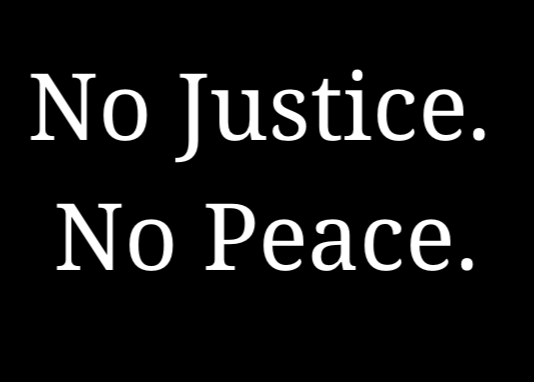



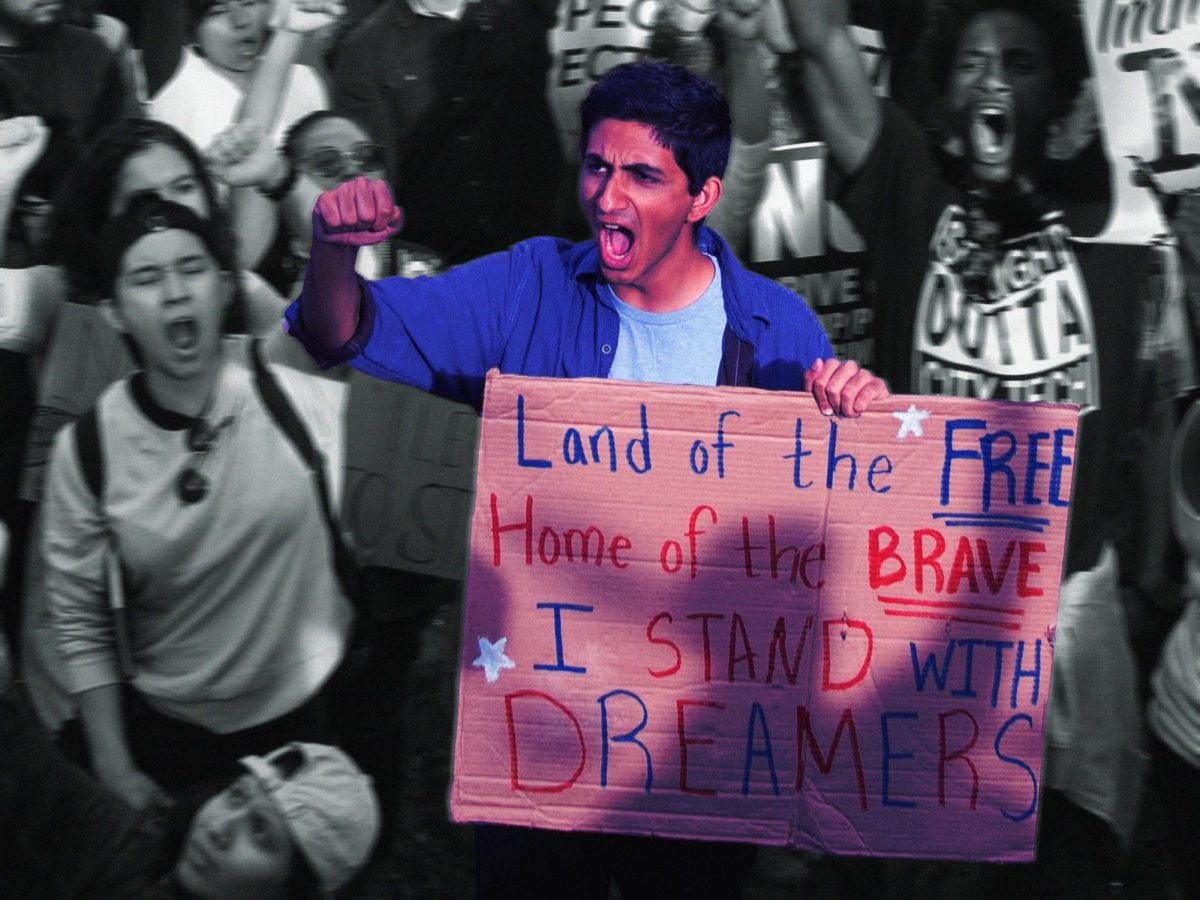
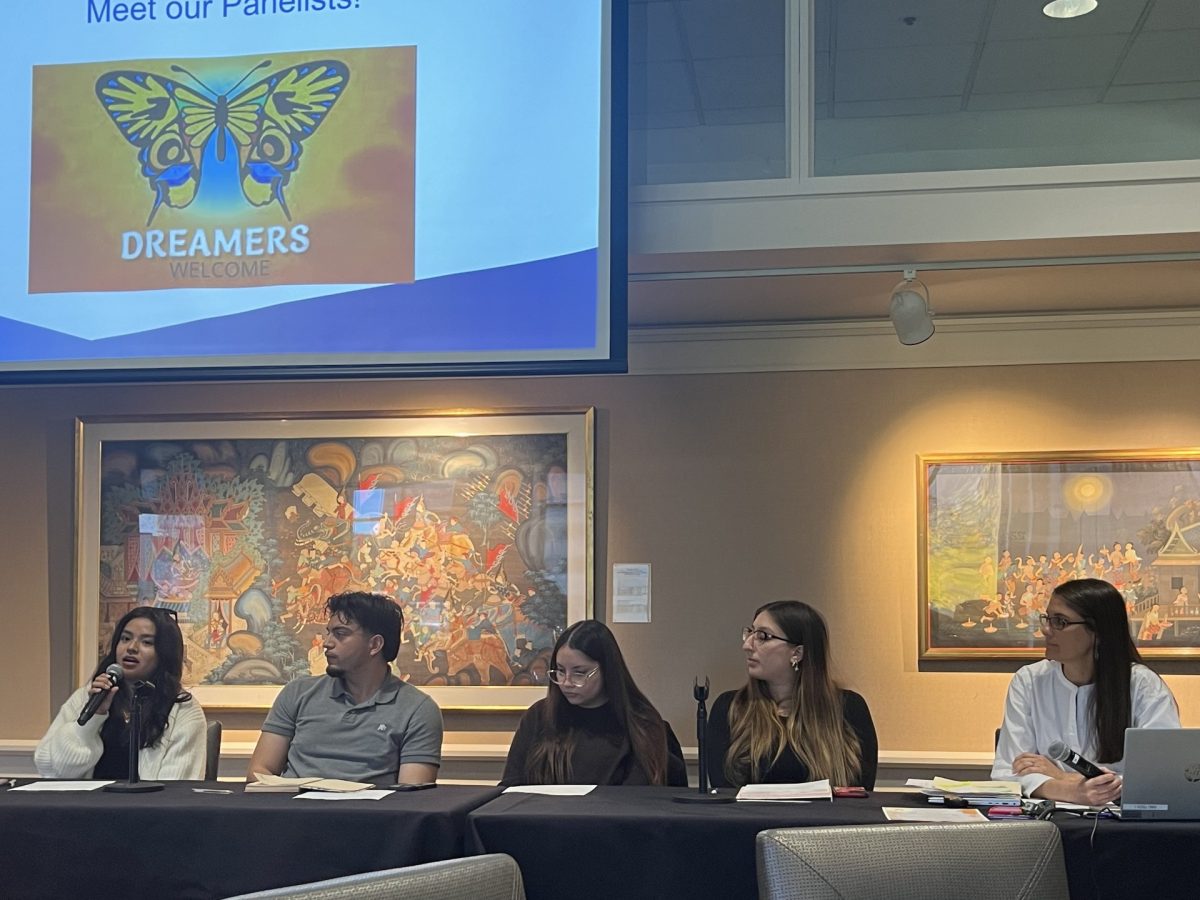
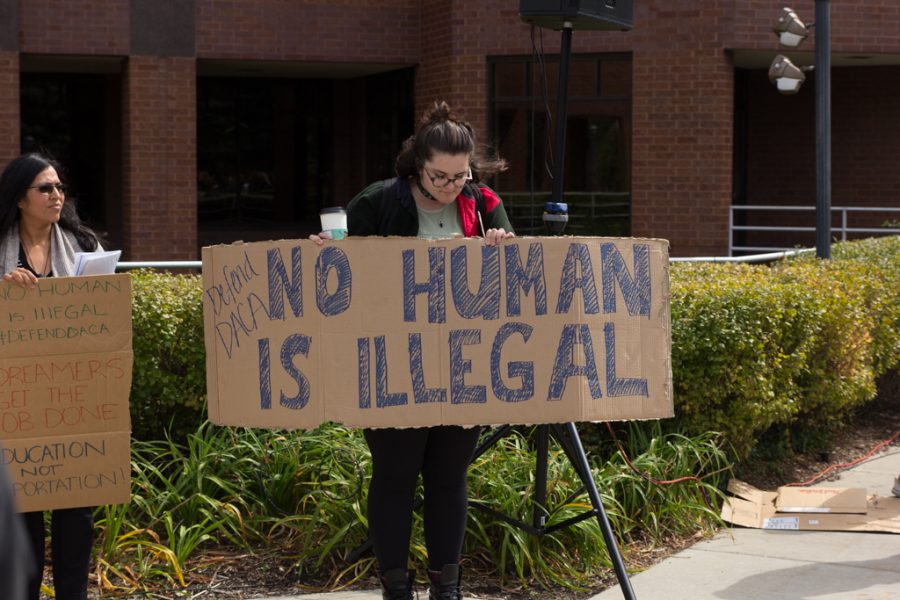
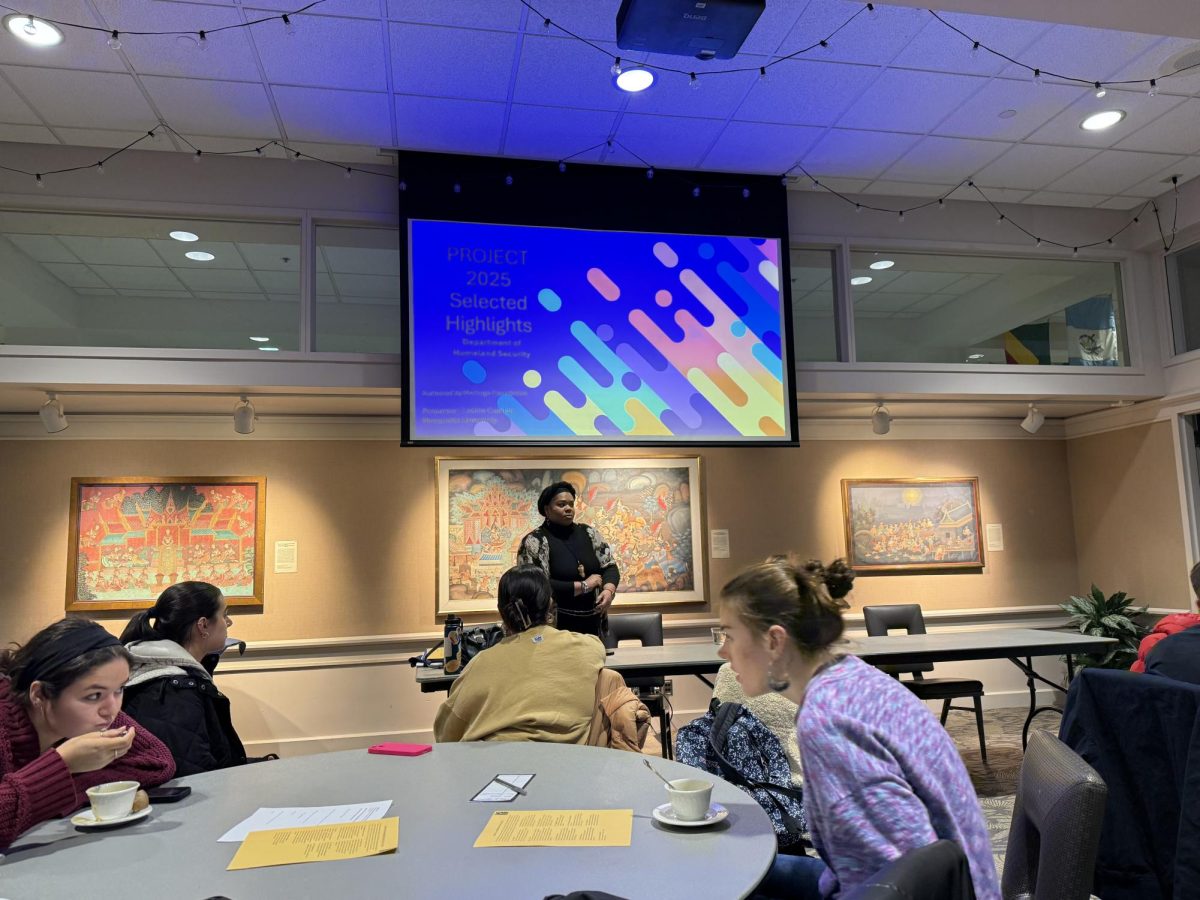
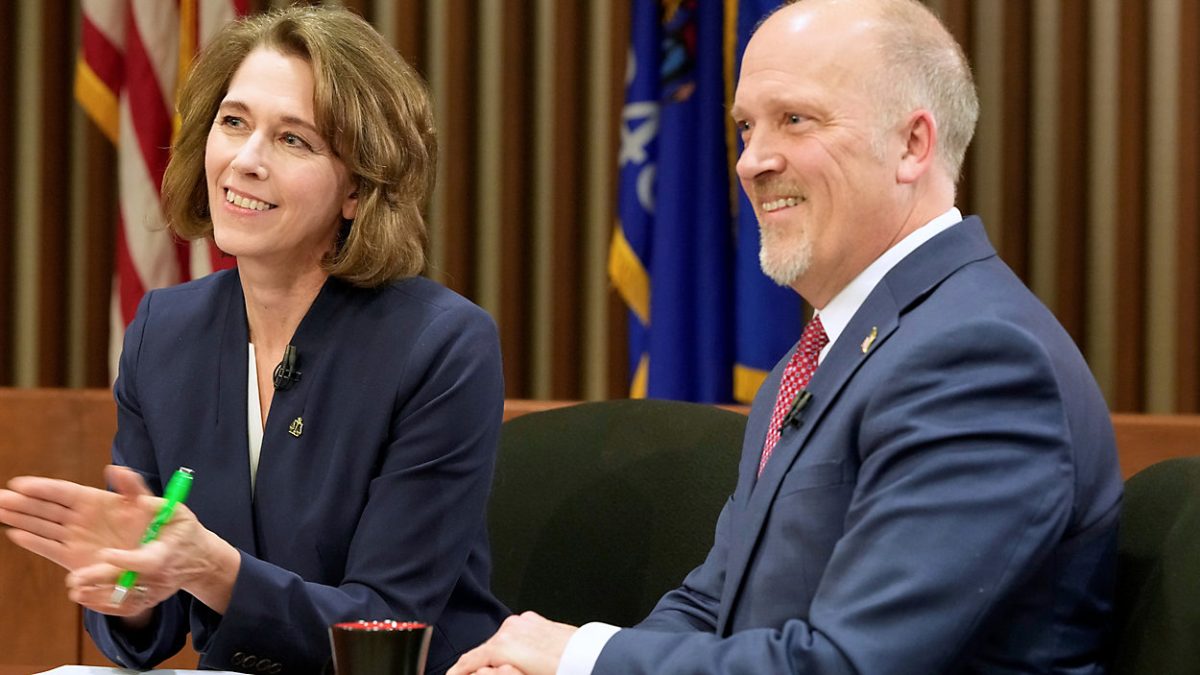

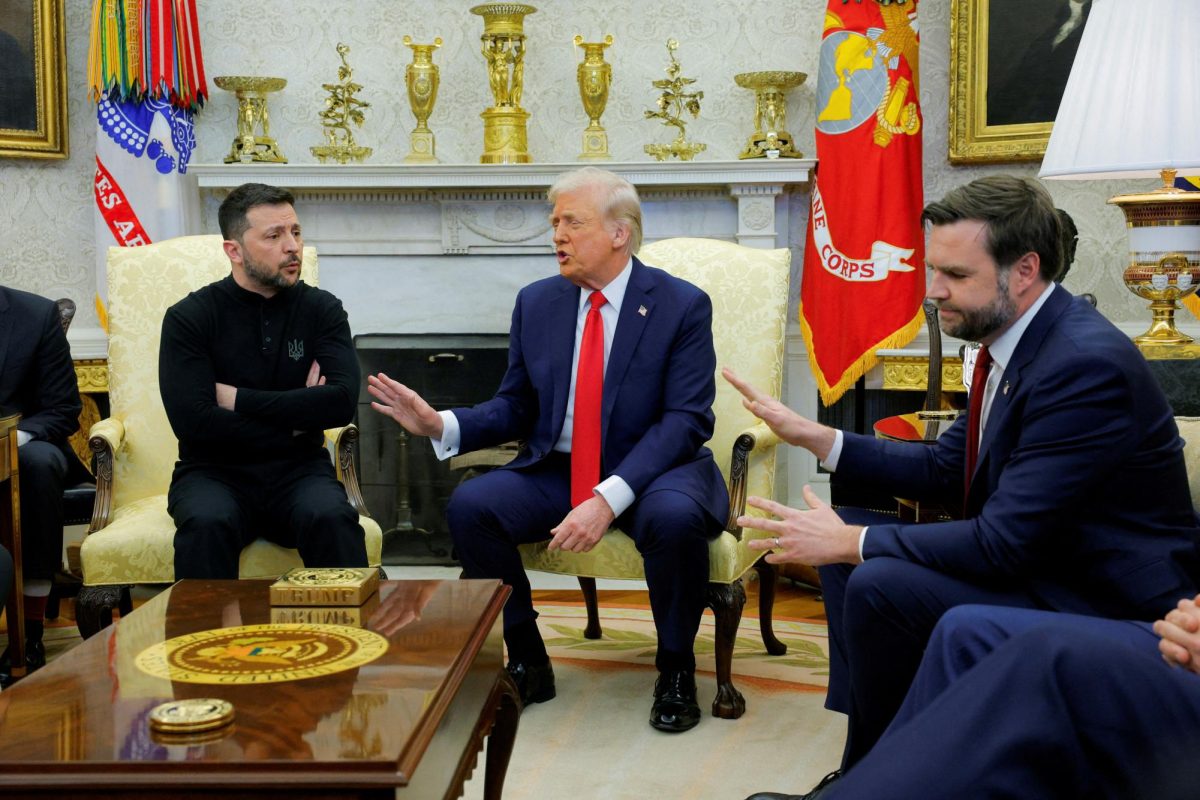

Mariyam S • Dec 5, 2018 at 11:09 pm
This article is very relevant. Political apathy due to privilege is a real problem. When people feel a social or political problem is irrelevant to them, because they aren’t directly affected by it, they don’t actively try to fix the issue. And while this problem is broad and ranges a spectrum of political and social issues, it needs to be identified and fixed. Often times, a person’s apathy leads to ignorance that indirectly perpetuates the main issue. I appreciate the content of this article. Ironically I live near Naperville in Illinois and also am writing on this topic, so I can connect with the author’s experience. Have a good day.
Ronnie Ortiz • Dec 6, 2017 at 12:46 am
The Paris Climate Agreement would’ve had a minimal impact on climate and was truly a waste of time and money. Obamacare was not abolished and unfortunately its price increases continue to hurt Americans across the country. DACA was never a law and thus couldn’t be repealed. Instead, it has hurt illegal immigrants while Congress, the body that actually has the authority to create a program like DACA, works on putting the program into law.
In this piece, you seem to see Trump as the enemy but, I’d like to remind you that incidents, such as the one you have experienced began well before him. You may not agree with him politically but, we’ve never had a more socially liberal republican president. Many people refuse to talk politics, not because they are cowardly but because they refuse to argue with those who can only see Trump and his supporters as evil. For many people across this nation, Trump symbolized hope. He promised a better economy, improved healthcare, lower taxes, the return to family values, jobs returning from overseas and an America first foreign policy. These people are not evil or cowardly, they’re patriots, just like you and I, who just happen to support an alternate opinion than yourself.
I hope one day you’ll be able to see their side and maybe be more open to understanding them rather than automatically condemning them.